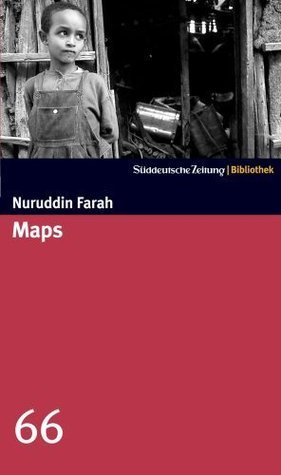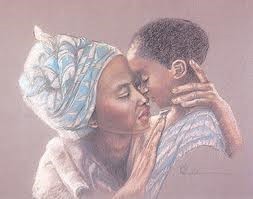What do you think?
Rate this book


Duniya thought that marriage was a place she had been to twice already, but love was a palace she hadn't had the opportunity to set foot in before now. If what she and Bosaaso were doing was the beginning of a long courtship that might eventually lead to such a many-roomed mansion of love, so be it. So far she had only seen glimpses of it, in a rear-view mirror, in the eyes of a driver who wasn't a taxi driver.But love is not all Nuruddin has on his mind. He constantly reexamines the theme of gifts, from the personal gifting of one's body or heart to the impersonal "aid" bestowed by wealthy nations upon the poorer ones. But Gifts is hardly a political tract, for it consistently eschews the general in favor of the particular. In tracing Duniya's budding relationship with Bosaaso, Nuruddin not only tells the love story of two individuals but also etches a remarkable portrait of women in Somalia. The relationship between Duniya and Bosaaso is sweet, funny, and tender, but it is in her ties to her women friends and daughters that the book shines. As she learns to swim and drive, to stand up to her overbearing former in-laws and to trust her heart, it is within the context of an extended web of friends and family. Maps and Secrets expose the uglier aspects of war-torn Somalia; Gifts, on the other hand, offers its hidden strengths. --Alix Wilber
363 pages, Hardcover
First published January 1, 1986

Annoy a child and you'll discover the adult in him[...]Please an adult with gifts and the child therein re-emerges.This book's meaning builds with all the speed of a complacent elephant suddenly provoked to stampede during the last few instances. I will admit to not especially engaging with the beginning, but much as childhood becomes immensely more contextualized upon reaching adulthood, I began comfortably swimming in my preferred ideological medium once the exigencies of the paradigms of gender, nationality, and postcolonialism were introduced through various states of dreaming landscapes. It built to a gripping enough question of whether physical or mental fortitude guaranteed liberation that I'll most likely be picking up the sequels should I come across them, although I refrain from digital commitment for one vague reason or another. This reading result made me glad that, if it's taking me a while to acquire a certain work that would introduce me to an author, I'm likely to pick up any in the relevant bibliography should I come across them, as I'm still waiting on Farah's Knots showing up, five years after I added it and two years after I acquired 'Maps'. Farah's no Soyinka or Ngũgĩ, but he has a certain sensibility regarding the work he's doing that I'm very much a fan of, to the point that the novelty of him hailing from Somalia is no longer as vitally necessary for getting my attention.
You look at a map, of the British colonies in Africa, say, a map whose pinkish portions competed in terms of size and imagination with the green which represented the portions of the continent under the French. Now compare the situation today with its ghostly past and someone may think that a great deal of change has taken place and that names of a number of countries have been altered to accommodate the nationalist wishes of the people of these areas. But has the more basic truth undergone a change? Or have we?